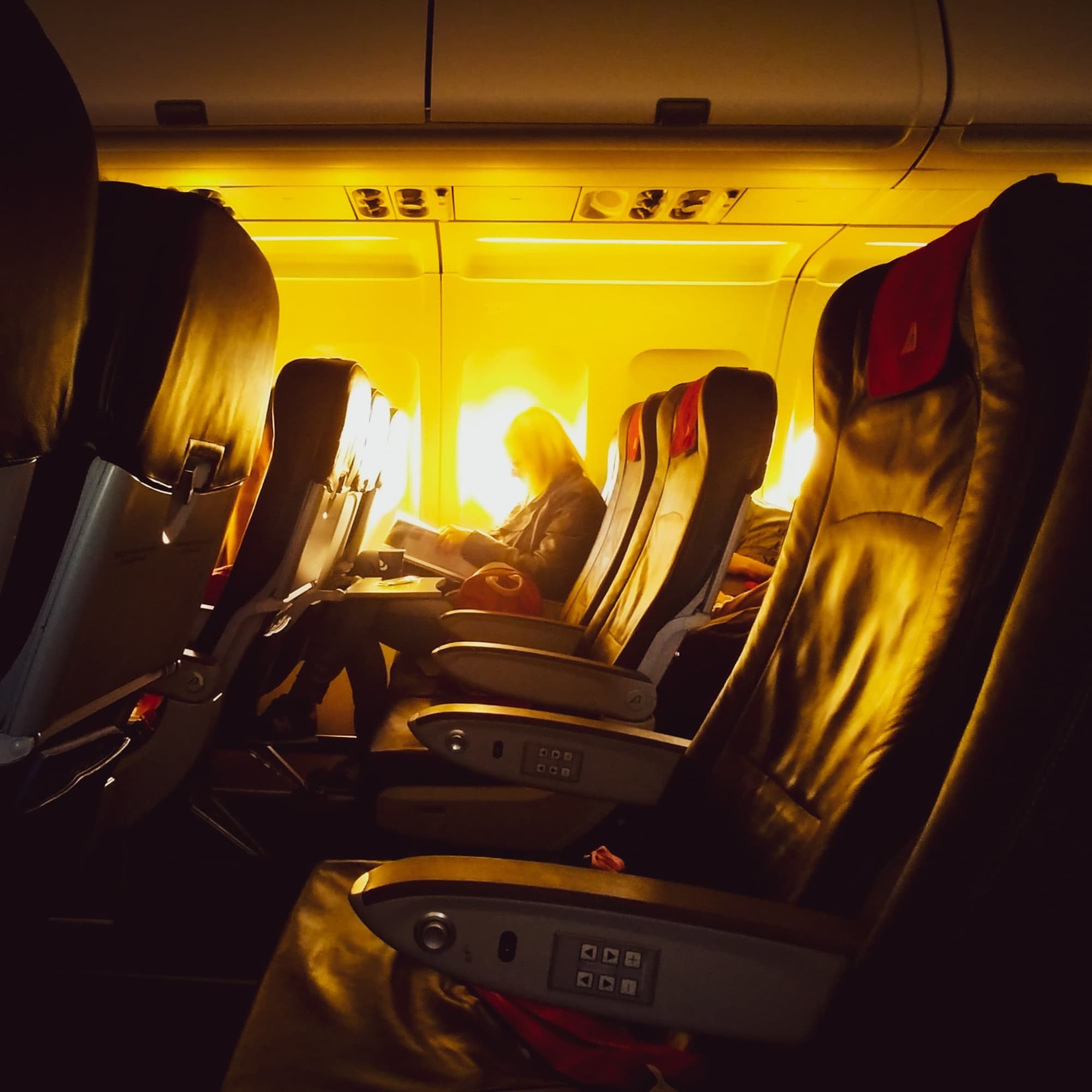
- POPSUGAR Australia
- Living
- Everything You Need to Know About Travel Insurance and What It Covers For Coronavirus
Everything You Need to Know About Travel Insurance and What It Covers For Coronavirus

If you had travel planned sometime in the next few months, chances are you’re trying to figure out what to do amid the ongoing novel coronavirus (COVID-19) outbreak. While some people have canceled all travel plans as an extra precaution, some are rescheduling for next year, and some have kept their summer plans in hopes things will be back to normal enough to be able to go. But what if something were to happen at the last minute? The news surrounding coronavirus seems to change rapidly every day, so preparing for the unexpected is always good, and that’s usually where travel insurance comes in handy. But is it cut and dry? According to CNN, travel insurance will only cover your trip if you or someone you’re traveling with has virus, meaning canceling your trip due to just a fear of traveling won’t be covered. At this point, travel insurance companies have declared the coronavirus as a “foreseen event,” meaning if you’ve booked a trip recently, you’ve agreed to travel at your own risk as far as your provider’s concerned.
Standard travel insurance offered by airlines or through partnerships with online booking agencies strictly cover “unforeseen events” like accidental injuries, unexpected sicknesses, or the death of a family member. This means, unless you or a person you’re traveling with has a confirmed case of COVID-19 before or during your trip, you won’t be covered or entitled to financial compensation. If you’ve already purchased a flight and insurance assuming that fear of the coronavirus pandemic would be reason enough to cancel, look up your specific insurance provider to find their current position. Before you get discouraged, however, there are still two promising alternatives: “cancel for any reason” travel insurance or altering your travel plans through the airline itself.
Related: Coronavirus: Here's When You Should Wear a Face Mask, Doctors Say
“Cancel for any reason” (CFAR) travel insurance is incredibly nuanced. For instance, you have to purchase the plan within a certain number of days of purchasing your trip, typically somewhere between one and three weeks of booking. This type of insurance may not be cost-effective depending on your financial situation and whether you only booked flights or bought a whole travel package. CFAR insurance requires you to insure the entirety of your travel purchase, costs 40 to 60 percent more than standard travel insurance, and will reimburse, at most, just 50 to 75 percent of your trip. After considering this and the health of everyone traveling, if you decide this is a good choice, it’s now an option available for everyone regardless of state residency. In the past, purchasing CFAR travel insurance wasn’t possible for New York residents because of state limitations, but due to the coronavirus, it’s now a viable option. Despite having its drawbacks, this is the only type of travel insurance that will cover your decision to cancel plans over concern of the virus without actually having the virus.
The main saving grace right now is that in the wake of a global pandemic, airlines have switched their policies to be much more accommodating. Major airlines like United and American recently announced an extension on being able to change or cancel their flights for travel credit without any of the usual fees. For United, this applies to flights booked before March 3, and travelers must make a decision to change or cancel by April 30. For American, this applies to flights booked before April 7, but there is no deadline to change or cancel. Other airlines have announced similar options, with JetBlue waiving change and cancellation fees on all flights and offering travel credits for two years. Alaska Air is also waiving change and cancellation fees on flights booked from Feb. 27 until May 31. This is even true for budget airlines like Frontier and Spirit, which are offering one-time free changes. Reservations made on Frontier between March 10 and April 15 can be completely changed as long as travel is completed by Sept. 12, 2021, and Spirit will give travelers credit that can be used within the next six months to book any flights available at that time, even if the travel itself occurs beyond that six month time span.
Related: Coronavirus and the Flu Have a Lot of Symptoms in Common – Here's What You Need to Know
While changing flights through your airline may be less than ideal if you wanted an actual money refund, try telling yourself that you were going to spend this money on travel anyway. Right now, airlines alone provide more protection than any travel insurance in terms of cost and flexibility. With the situation constantly changing, it’s important to stay up to date on coronavirus outbreaks and your ever-evolving rights within the realm of travel so that when you do embark on your trip, you can make sure it’s a safe and happy one.

